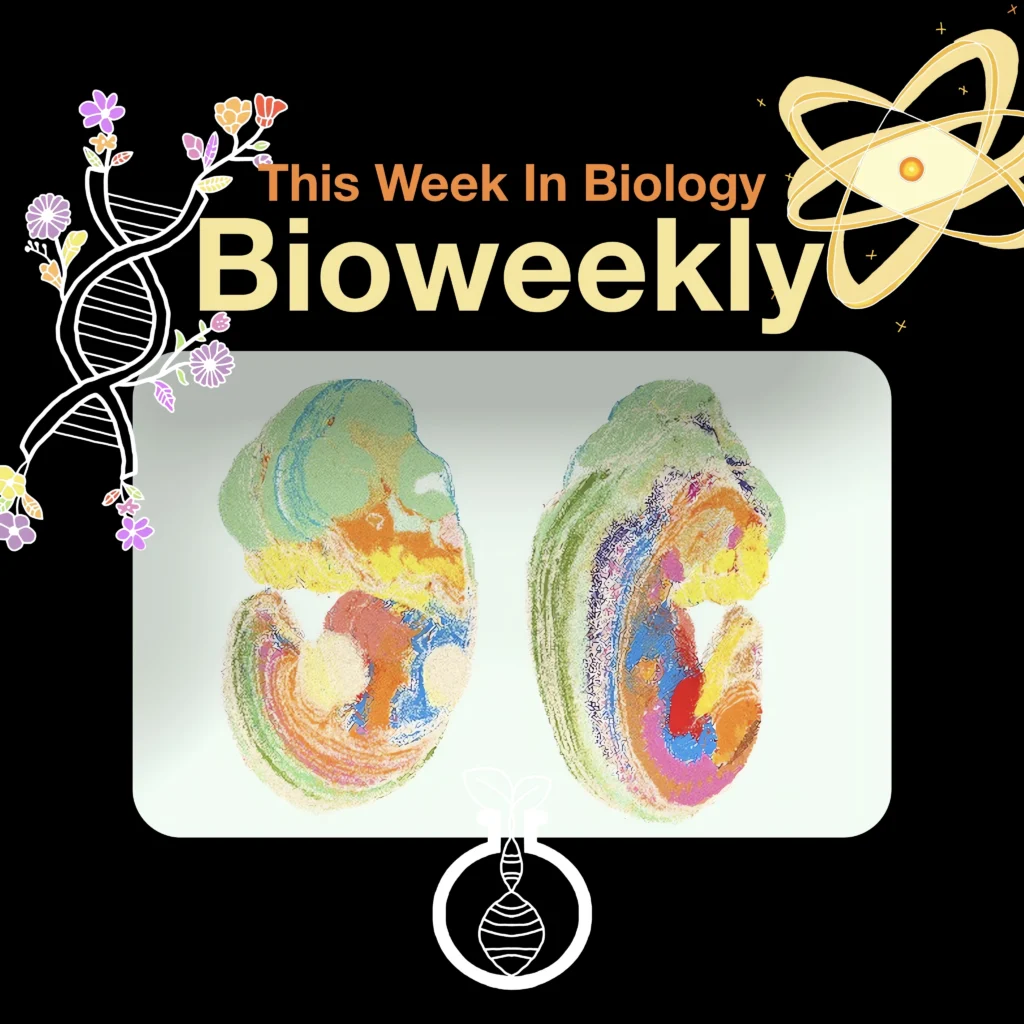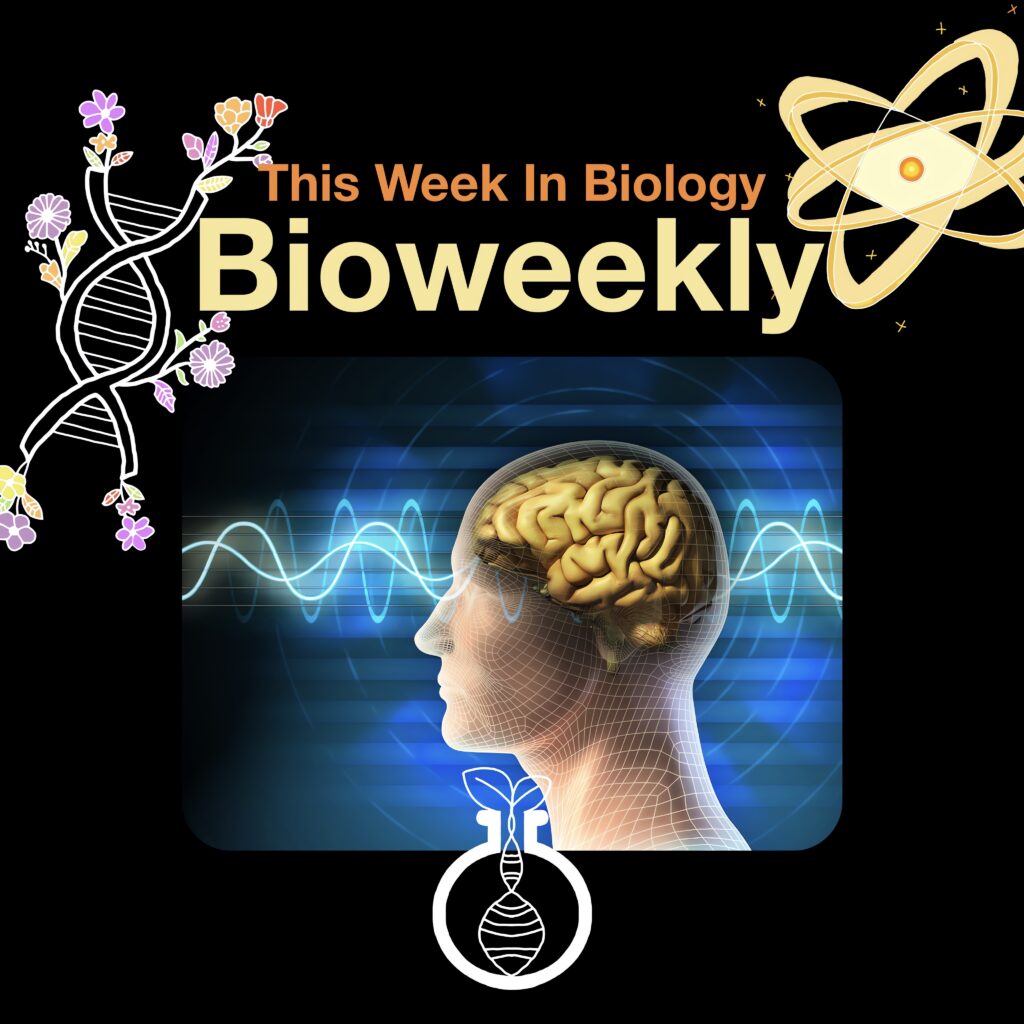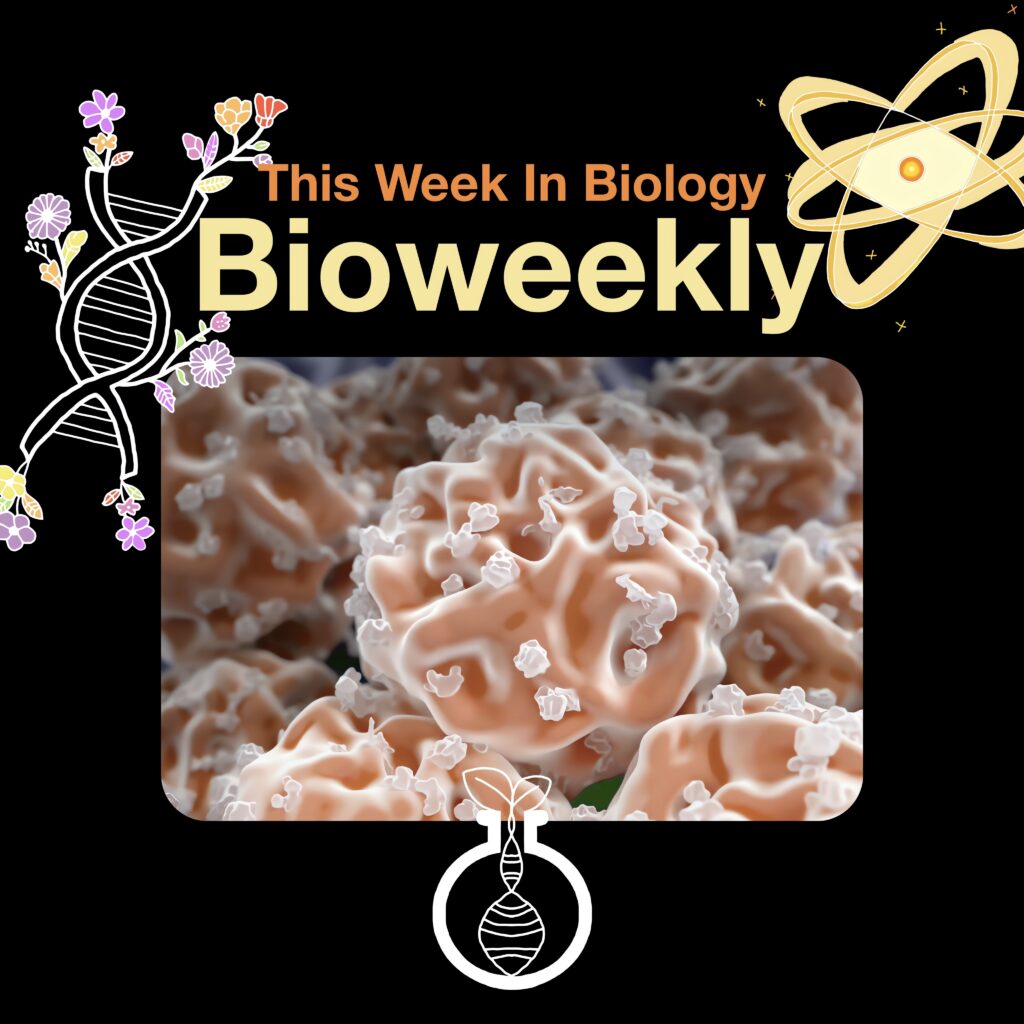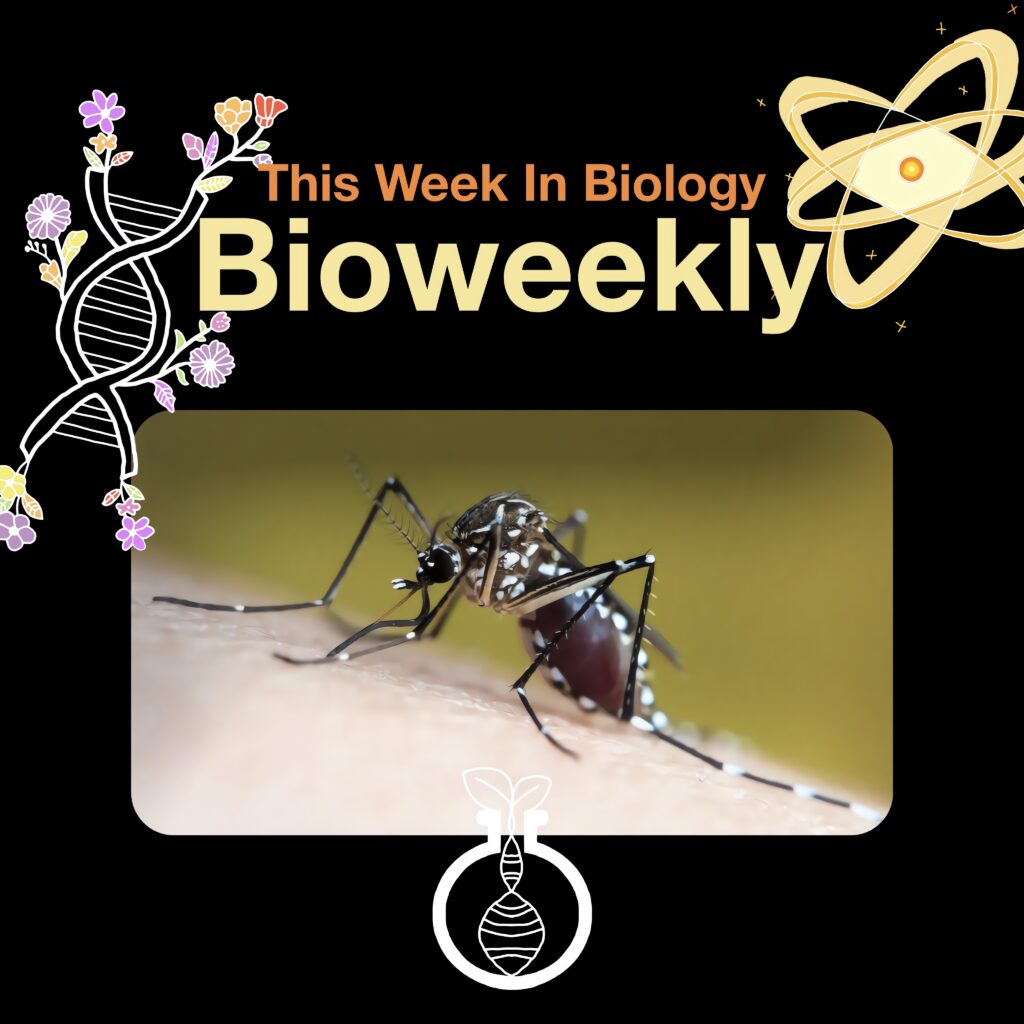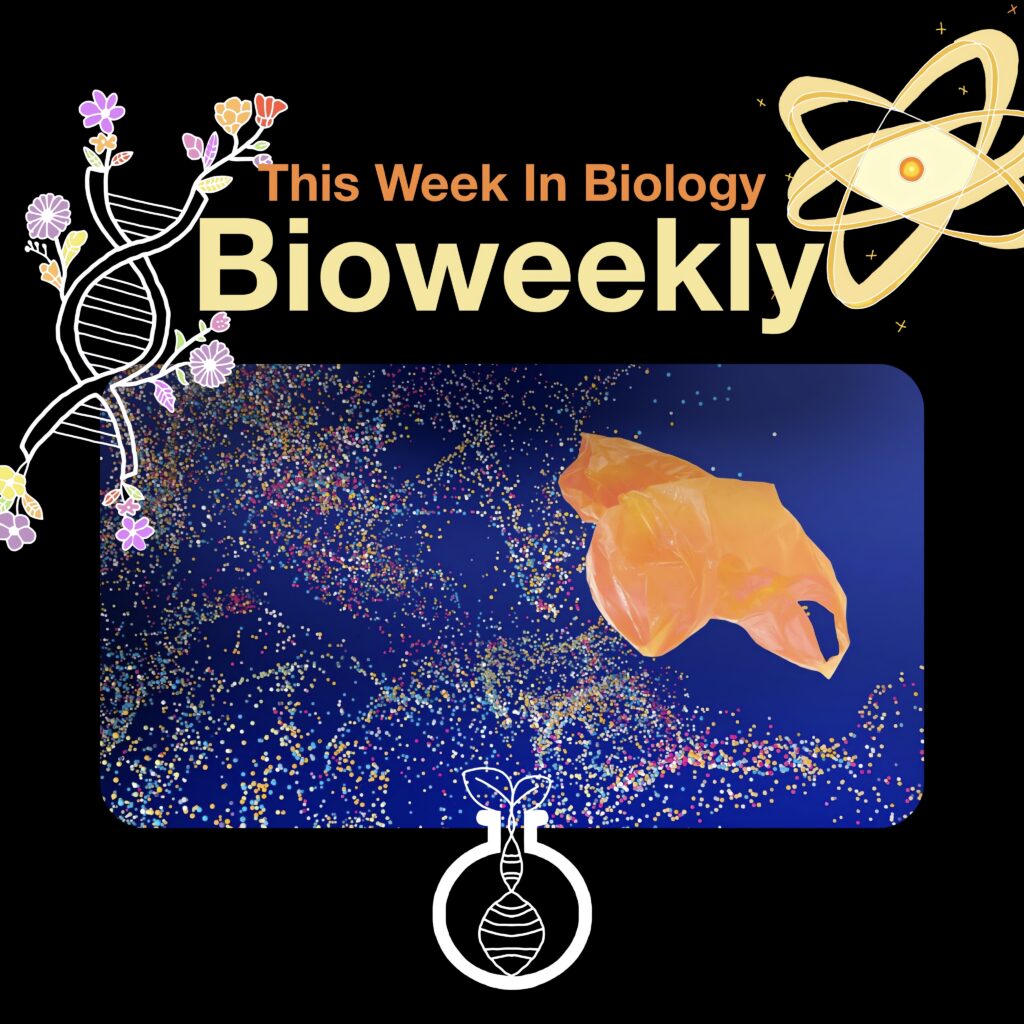Welcome to this week’s groundbreaking biology news! 🌍✨ We’re diving into exciting discoveries that could redefine diagnostics, developmental biology, and our understanding of chronic illness in children. First, new research links childhood asthma to memory difficulties, potentially reshaping treatment approaches to protect cognitive health early on. Next, a revolutionary genomic test is proving its power to diagnose almost any infection in a single test, holding potential for rapid response to emerging pathogens. Finally, scientists have created a stunning 3D cellular map of a mouse embryo, detailing organ formation at the cellular level, which could open doors to understanding human development and congenital diseases. Let’s explore the frontiers of biology and medicine! 🧬🔍
As always, you can find all of the sources in this article right below each headline.
A Stunning 3D Map of Life’s Beginnings: Virtual Embryo Shows Organ Formation in Incredible Detail
Scientists have created the most detailed 3D cellular map of a mouse embryo yet, visualizing nearly eight million cells. This groundbreaking model shows how cells migrate and form every major organ in the early stages of development, offering insights into the brain, heart, and spinal cord formation. Researchers hope this technology, called Spateo, will help identify causes of congenital diseases and eventually map human embryos at a similar level of detail.
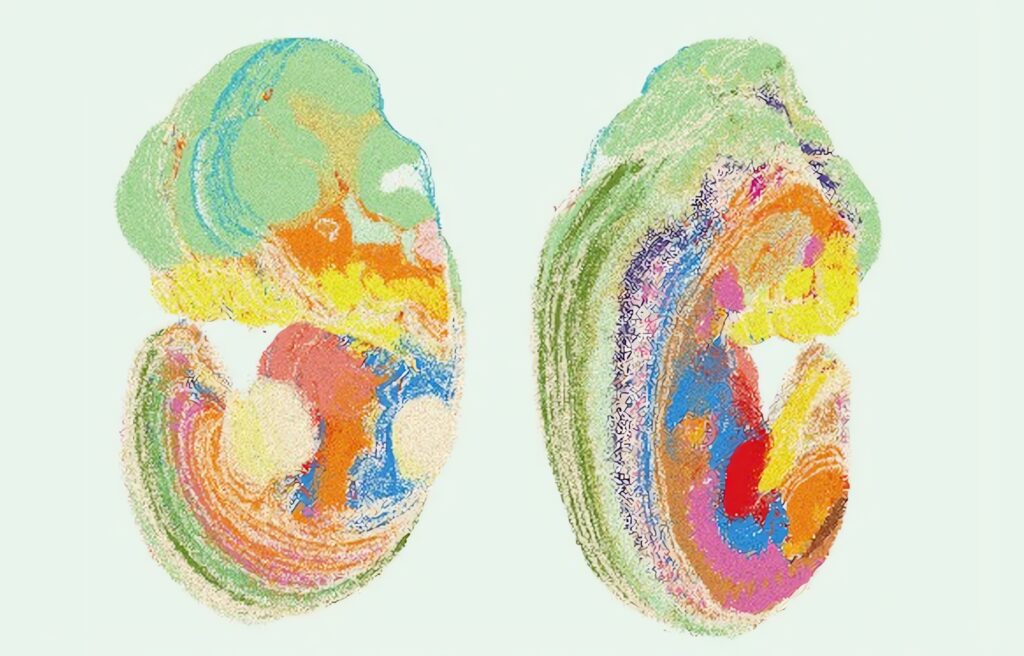

You can find the full article from here
A Single Test to Diagnose Almost Any Infection?
A new genomic test developed at UCSF can rapidly identify nearly any pathogen, including viruses, bacteria, fungi, and parasites, by analyzing all genetic material in a sample. This metagenomic sequencing test, or mNGS, has shown remarkable success, especially in diagnosing difficult neurological infections like meningitis. It can quickly reveal the cause of previously undiagnosed infections, offering a potential game-changer in pandemic preparedness by identifying new viruses in respiratory samples in under a day.
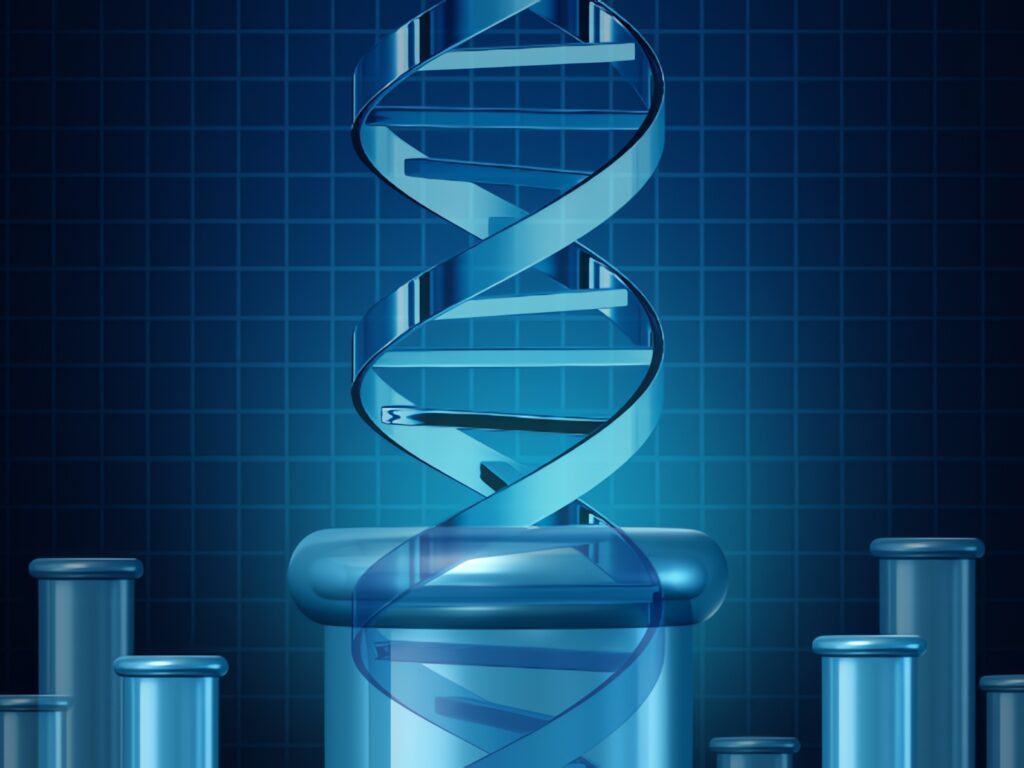

You can find the full article from here
Could Childhood Asthma Be Affecting Memory Development?
A groundbreaking study from UC Davis reveals that asthma may be associated with memory difficulties in children, especially those who experience early onset of the condition. Published in JAMA Network Open, the study analyzed data from over 2,000 children aged 9-10, finding that those with asthma scored lower on episodic memory tasks— a type of memory crucial for recalling personal events and emotions. Follow-up results showed that children with early-onset asthma also demonstrated slower memory development over time.
Researchers believe that chronic inflammation from asthma or disrupted oxygen supply during attacks may underlie these memory challenges. Additionally, studies on rodents suggest that common asthma medications might impact the hippocampus, a brain area essential for episodic memory. While further research is needed, the findings raise concerns about asthma’s potential long-term cognitive impacts, possibly even increasing the risk of dementia in adulthood.
You can find the full article from here
Thank you for diving into this week’s news with us. We hope you enjoyed uncovering these fascinating updates as much as we did. Be sure to return next week for more exciting discoveries from the world of science. Until then, stay curious and keep exploring!




My name is Ali Emre Cabadak, a dedicated biology enthusiast currently pursuing my studies at Marmara University, where I am majoring in Bioengineering. As a passionate advocate for scientific discovery and innovation, I am the founder of Biologyto. My goal is to bring the wonders of biology closer to everyone and inspire a new generation of thinkers and innovators. Through Biologyto, I aim to write scientific articles that delve into the fascinating world of biology, sharing insights and discoveries that inspire curiosity and innovation.

